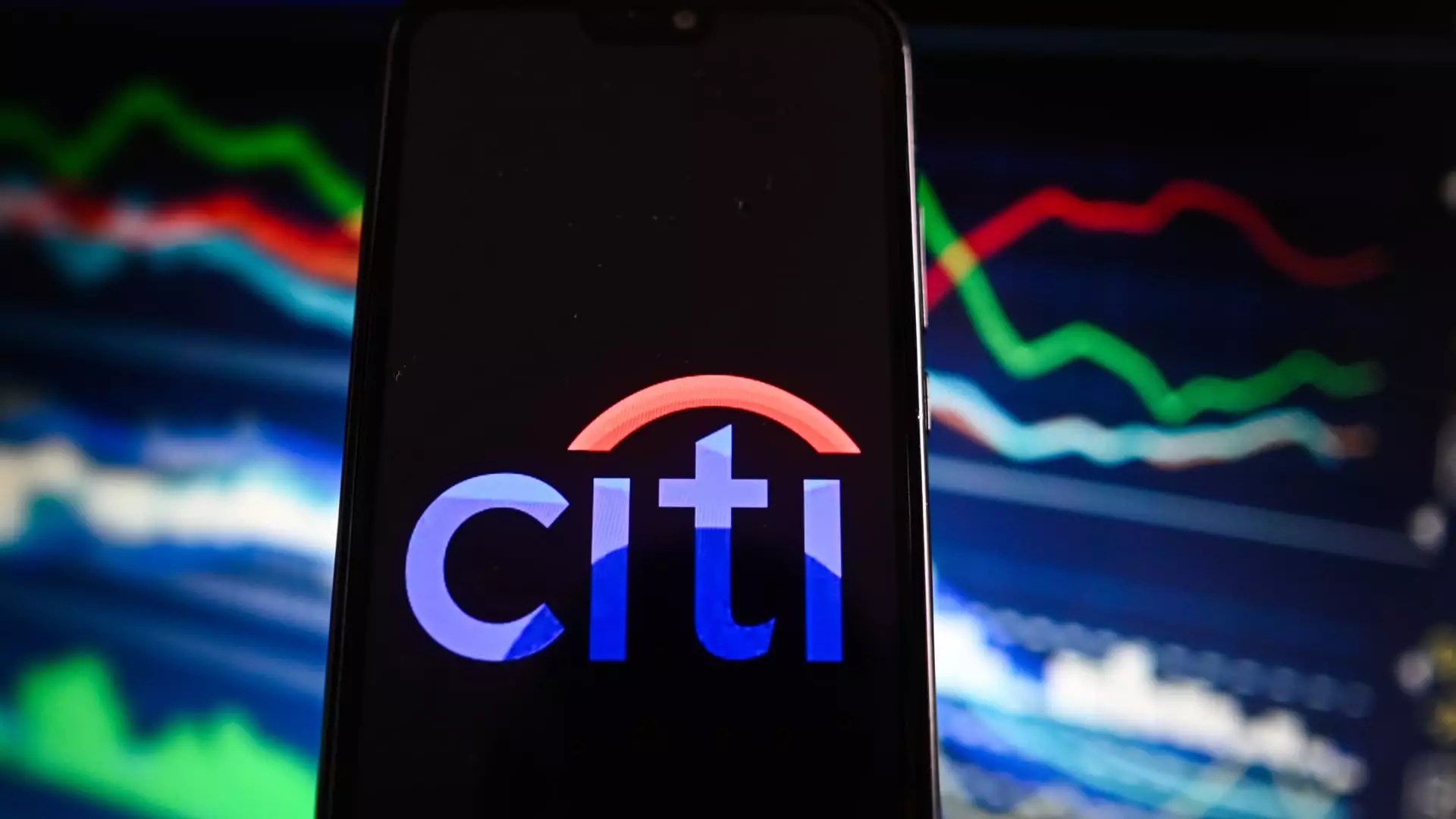In the wake of Donald Trump’s anticipated victory in the presidential election, the financial markets experienced a significant surge, particularly within the banking sector. Major financial institutions such as Citigroup, Bank of America, Wells Fargo, and Goldman Sachs saw their stock prices increase during after-hours trading, reflecting investor sentiment and confidence in the policies that a Trump presidency might implement. This reaction stems largely from the expectations surrounding deregulation and a more business-friendly approach that stakeholders believe will foster a favorable environment for banks.
The increase in bank stocks can be attributed, in part, to the Republican Party’s historical stance on financial regulations. Analysts like Jaret Seiberg from TD Cowen highlighted that investors are increasingly cozying up to the idea of reduced oversight, particularly concerning the Consumer Financial Protection Bureau (CFPB). The prospect of rolling back regulatory measures is seen as a boon for financial institutions, which would allow for greater operational flexibility and potentially higher profits. As traders digested the electoral developments, the enthusiasm for bank stocks became palpable, underscoring the market’s propensity to view regulatory relief positively.
However, it’s essential to recognize that the optimism surrounding Trump’s potential policies is accompanied by risks. While the prospect of deregulation can benefit the banking sector, analysts caution that aspects of Trump’s broader economic agenda—such as his proposed tariffs and immigration policies—may yield inflationary pressures that could offset benefits seen in reduced regulatory burdens. In this way, the financial markets may be riding a wave of euphoria at the prospect of loosening regulations while potentially overlooking the comprehensive implications of Trump’s governance style.
The sentiment driving the rise in bank stocks paints a picture of an economy looking for growth, but investors have to walk a fine line. Speculative enthusiasm must be coupled with vigilant analysis of how Trump’s policies will unfold once in office. The projection that Trump’s presidency will usher in an era of reduced capital requirements for banks presents an enticing outlook, but the financial community must remain cognizant of both potential boons and challenges. The success of banks in navigating this new landscape will hinge on their ability to adapt to possibly volatile economic conditions.
While the surge in bank stock prices following Trump’s election reflects an optimistic outlook for the financial sector rooted in the expectation of deregulation, it also necessitates a measured approach from investors. The landscape may dramatically shift based on a myriad of factors, and understanding the intricate balance between potential economic growth and inflationary risks will be crucial. As stakeholders look to capitalize on the changes ahead, it will be critical to not lose sight of the inherent uncertainties that accompany political transitions.


Leave a Reply